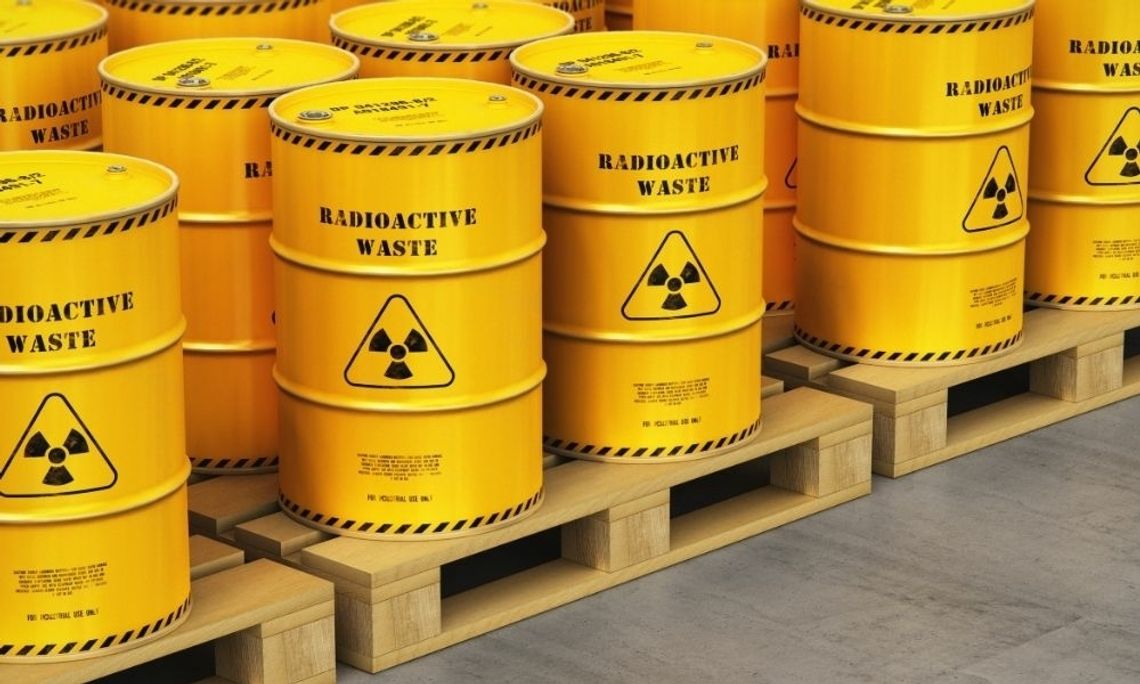The proper management of hazardous waste generated in various industries can seem complicated, but it is necessary for the safety of the public and the environment. For this reason, there are strict regulations and guidelines to the management process that all generators must follow. Still, many companies make several mistakes with waste management. Learn some of the common hazardous waste violations and how to avoid them by reading below.
Failure To Correctly Identify Hazardous Waste
First, you need to determine if the waste that’s present is hazardous or not; one of the first typical violations seen is the failure to determine if waste is hazardous. When not properly identified, it gets dumped with normal garbage, spreading hazardous material into the environment, and endangering human lives. As such, you need to determine if the material’s a solid waste, if it’s excluded from the RCRA, if the waste is hazardous or special, and if it has hazardous characteristics. Familiarize yourself with
an introduction to hazardous waste identification and use tests to determine the type of waste according to the RCRA standards.
Labeling Hazardous Waste Improperly
Unfortunately, many hazardous waste generators incorrectly label their hazardous waste containers. This includes failure to use labels that identify certain properties or not including a label at all. Anything from no labels or improper information on the labels to DOT placard labels that are missing or information of wrong waste determination are all violations. Avoid these kinds of violations by making sure to use labels that include the words “Hazardous Waste”, the generator’s name and address, waste accumulation start date, identity or source of the waste, composition of the hazardous waste, classification, and the waste’s physical state.
Disposing of Hazardous Waste Improperly
When looking at the common hazardous waste violations and how to avoid them, improper waste disposal is one of the most frequent. Companies often do this due to negligence and trying to cut corners and save money. Dumping hazardous waste into sewers and landfills is one of the typical examples. This will lead to serious fines and even potential legal consequences. Follow proper procedures and make sure you have a license for waste disposal. Furthermore, work with a professionally licensed waste management service that can properly handle and dispose of all waste.
Lack of Efficient Contingency Plans and Emergency Procedures
There’s always a chance that accidents can happen on worksites. This raises concerns for companies that are hazardous waste generators, which will likely have to store such material on site until it’s picked up. Always have a contingency plan for if there’s an accident such as leakage, a spill, or exposure to hazardous material. Failure to have one puts employees at risk and is a regulatory offense, which results in legal penalties. Your contingency plan should include contact information for an emergency coordinator, emergency equipment and phone numbers, an evacuation plan, and suitable employee training.


Comment
Comments